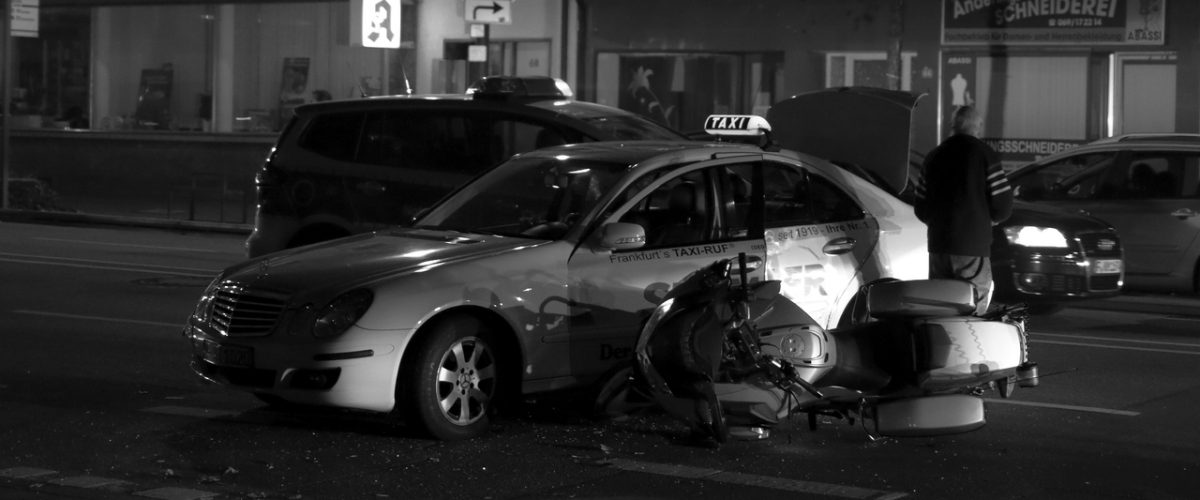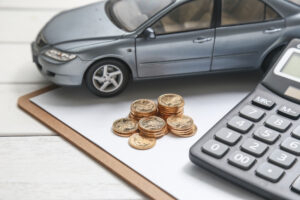Accidents can happen to anyone; it is important to remain calm
– Lebogang Gaoaketse, Head of Marketing and Communications, WesBank
It doesn’t matter how old, experienced or how careful you think you are; car accidents can happen to anyone. The important thing is that you know what to do if it happens to you, and how to be prepared for subsequent insurance claims and paperwork.
Reporting a minor accident is now an easier and a less daunting experience than it previously was. Motorists can now report minor accidents and obtain a case number online and free of charge via a legally binding system on the National Traffic Information System (NaTIS) website. The new system completely removes the admin of having to physically visit a police station, and generates an automated crash report number that can be used for insurance purposes.

Drivers need to ensure that the accident is reported within 24 hours or the next working day; and accidents cannot be reported on this platform if anyone was injured, killed or involved in a hit-and-run, or if the crash involved five or more vehicles.
WesBank has outlined other important elements to consider after minor accidents occur:
- Stay calm. Regardless of who’s at fault, an accident can be a stressful and fearful experience and you may feel a rush of emotions which can distract you from what’s happening. Take a deep breath, and try to focus on what you need to do next.
- Should you have passengers in the car, check if anyone is harmed. Take into account that not all injuries are visible, so if anyone, including yourself, is feeling dizziness or any sort of pain, call emergency medical services immediately and ask for help.
- Move any cars that are disrupting traffic when it is safe to do so – but make sure you document their position on the road first, either by taking pictures of the scene with your cellphone or marking the road with chalk or spray paint (if on-hand). If you can, take pictures of the damage to all the vehicles involved in the incident. If a vehicle cannot be moved and you need to call a towing service, try to set up early warning devices or triangles around the car to warn other drivers on the road about the accident.
- Approach the driver of the other vehicles and ask for important details such as their drivers’ license so you can obtain important identification details such as ID numbers as well as home, cell and business phone numbers. Ask for their physical addresses (home and business), email addresses and importantly, gather as much information as possible on the vehicles involved, and importantly the vehicles’ registration numbers and description of the vehicles (make, model and colour).
- Make sure that you ask for their insurance information (if available) as well. Take photos of all documents if possible.
- Note everything you see about the accident, starting with the date, time and weather conditions. Describe in detail all that you observe, such as the vehicles involved, the streets, traffic signs and the directions where each vehicle was coming from. Don’t forget to write down the location of the incident: street name and suburb.
- Remember to also take note of what happened immediately before and after the accident, for example were any of the other drivers drunk, talking on a cell phone or driving too fast.

“Accidents can happen to anyone; it is important to remain calm and ensure that you note all the required information to ensure that processing your insurance claim is less stressful. We encourage drivers to use the online reporting process for minor crashes now available on the NaTIS website, and to familiarise themselves with the tips we’ve provided,” says Lebogang Gaoaketse, Head of Marketing and Communication at WesBank.
This article was first published by the RMI






